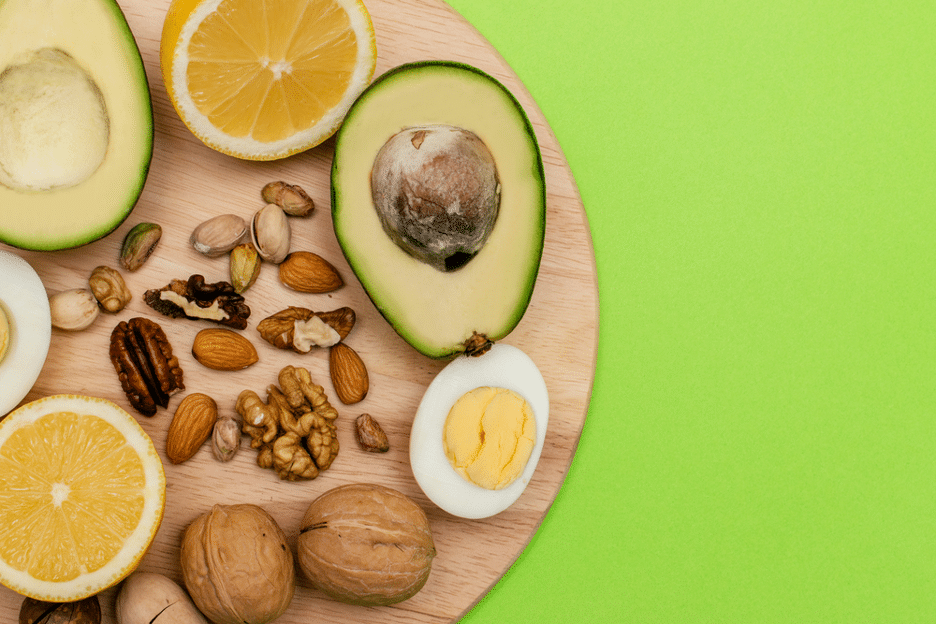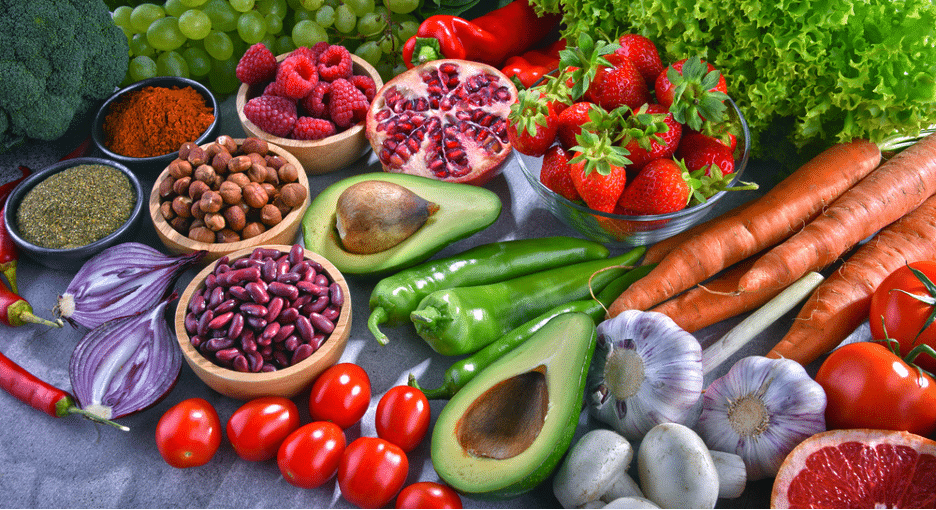A ketogenic diet is a diet that limits the intake of starches that makes the body discharge ketones in the circulation system by starting ketosis. Starches are the fundamental source of energy for each body cell. Without starches, the body begins separating its put away fat and dietary fat into ketone bodies by the cycle, ketosis. In ketosis, the level of cells that will use ketone bodies to produce energy will increase until one begins eating sugars once more.
This move, from using sugar to using ketone bodies as a source of fuel happens ordinarily over a time of two to four days of eating less than 50 grams of starches for every day. However, the cycle of ketosis is personalized and not the equivalent for all important, every person may have their point wherein ketosis kicks in.
The Ketogenic diet includes a lot of meats, fish, eggs, processed meats, cheddar, oils, nuts and oilseeds, avocados, coconut, and fiber-rich and low carb vegetables.
Foods Avoid Keto Diet
- Pasta
Pasta is a flexible and reasonable choice. However, it is very high in carbs. One cup (250 grams) of cooked pasta contains 43 grams of carbs, just 3 of which are fiber. A similar measure of whole wheat pasta is just a marginally better alternative at 37 grams of carbs, including 6 grams of fiber. On a low-carb diet, eating spaghetti or different kinds of pasta is definitely not a smart thought except if you devour a little segment, which isn’t sensible for a great many people.
- Beans
Beans give some fiber and different supplements. However, they’re not an extraordinary fit for the keto diet because of their high starch (carb) content. A special case is green beans, as they’re more youthful and less bland than dried beans.
- Handled Keto Foods
There is a lot of high fat and fatty foods promoted as keto affirmed. Numerous keto bundled foods can contain fundamentally a greater number of calories than their higher carb partner and almost no dietary benefit, which can put you off guard. While you don’t need to stay away from these foods out and out, they ought not to make up the heft of your food intake.
- Dark Vegetables
You have most likely heard that vegetables are a significant piece of a good dieting design. While this is valid, not all vegetables are made equivalent. A few vegetables, normally alluded to as bland vegetables, have a high carb content, and keto calorie counters would be astute to evade these.
Fiber isn’t absorbable and doesn’t give energy to our bodies. In this way, a few people deduct the measure of fiber from a food’s absolute sugar content and possibly include the net carb check when following their everyday cutoff of 20 to 50 grams for each day.
- Bread
Most bread and bread items are excessively high altogether, and net carbs to be considered keto foods. Bread items contain a normal of 15 grams of starches for each cut. While bread is a source of folate and numerous b nutrients, these supplements are found in numerous other healthy keto foods. Keep away from every single conventional bread constantly items, including whole wheat bread, rye bread, sourdough, English biscuits, pita bread, and multigrain bread.
- Sugar
Sugar and different carbs are a critical source of calories for some people. You may not understand that other normal sugars have similarly so much and, at times, more sugar than conventional white sugar. All calorie-containing sugars require to stay away from on keto. Studies have discovered that when people lessen their carb intake, they observe decreased longings for sweet foods. You may locate that following two or three weeks on a keto diet; you don’t miss sugars in your diet.

- Grains and Starches
Grains and starches should likewise be evaded on the ketogenic diet in light of their impressively high sugar content. Utilization of such foods may take the person over the 50-gram everyday starch intake.
- Improved Yogurt
Yogurt is a delectable, flexible food. Albeit plain yogurt is genuinely low in carbs, numerous people will eat fruit seasoned, improved low-fat or nonfat yogurt. Improved yogurt frequently contains the same number of carbs as a sweet. One cup (245 grams) of nonfat improved fruit yogurt can have as much as 47 grams of carbs, which is significantly higher than a tantamount serving of frozen yogurt. However, picking a 1/2 cup (123 grams) of plain Greek yogurt finished off with 1/2 cup (50 grams) of blackberries or raspberries will keep absorbable carbs under 10 grams.
- Seafood
Seafood is lower in supplements and commonly bad for the climate than their more beneficial partners; and handled wieners and sausages, which, as a rule, have additives considered nitrates that have been connected to malignancy.
- Fruit
Regardless of the numerous medical advantages of fruit, there is an issue with certain fruits on the keto diet. Bananas and grapes contain high amounts of carbs. 1 cup of grapes has around 26 grams, and a medium banana, 24 grams of starch. Generally speaking, these fruits should be kept away from. However, a cup of strawberries contains 8 grams and a medium orange 12 grams of starches. In this manner, these are admissible in moderate sums on the diet.
The Bottom Lines!
A healthy keto diet doesn’t need to feel prohibitive. Your keto meal plan should include bunches of healthy vegetables, creature proteins, and fats that change up your day. Track your everyday sugar intake to guarantee you are eating somewhere in the range of 20 and 50 grams for each day. Keep your macros around 10% carb, 20% protein, and 70% fat. You may discover you have to change this proportion and add more fat and less protein to remain in ketosis.
Protein ordinarily comes from meats like chicken, hamburger, pork, and fish like fish. However, there are some vegan protein choices. Things like whole milk ricotta and curds are acceptable sources of vegan protein just as plain, whole milk Greek yogurt. Eggs are also on the menu. Fats will include healthy oils like avocado and olive oils. Different sources include chia seeds, coconuts, olives, avocados, flaxseeds, hemp hearts, and pumpkin seeds.
[affiliate_video_pro id=”vi1602c3587d7a7f”]


